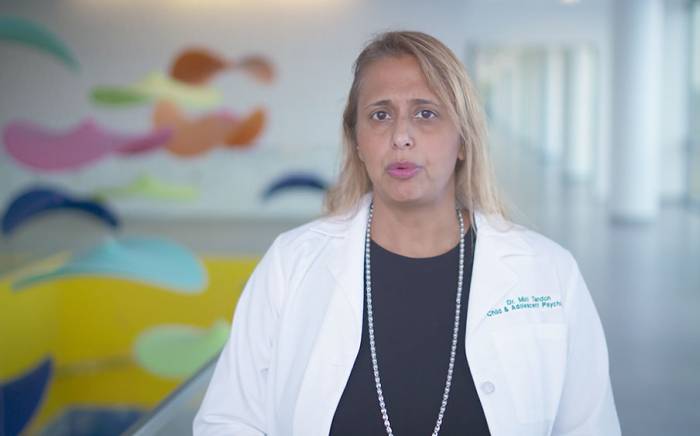“Time to wash up.”...“Did you wash?”...“I didn’t hear the water run. Go back and wash.”
Every day in thousands of homes, parents give the “wash your hands” message. To the child, however, hand washing may seem to be a waste of what otherwise would be playtime... especially if the hands look clean already. Enter the pinworm, the wiggle worth a thousand words.
If a child understands how pinworms get inside our bodies, hand washing becomes a regular habit. We can thank this little nematode, Enterobius vermicularis, otherwise known as the human pinworm.
“Yuk!” says the parent to the idea of pinworms living inside our bodies. “Not to worry!” say the people who study infections. Most of the time, a pinworm infection is not serious and is easily cured. And the good news is these infections can be prevented.
Here is what you need to know about pinworms...
Who gets pinworms?
- School-aged children are more often infected than pre-schoolers.
- Children are more often infected than adults.
- Mothers and other primary caregivers of infected children are more likely to be infected than other adults.
Is my family at risk?
- Out of 10 children, 1 to 4 might be infected with pinworms
- September through May is the “peak” time for pinworm infections
- In addition to the United States, pinworms are found all over the world
- Re-infection is very possible, especially in daycare centers and large group homes
What are symptoms of a pinworm infection?
- Itching around the rectal opening (anus), especially at night
- Irritability, restlessness, disturbed sleep
- Most symptoms are mild
- Many infected people have no symptoms.
The life of a pinworm…
The pinworm’s path through the human body starts at the mouth and ends up at the rectal opening. For most, that might be enough information.
How do pinworm eggs get to someone’s mouth? Pinworm eggs cannot crawl nor fly nor hop nor swim. But they can hitchhike on an unwashed hand.
“How?” you ask. The pinworm eggs make the anal area itch a little bit. The child scratches his or her bottom. The ride begins. Some eggs stick to the child’s fingers (especially under the fingernails). Some eggs brush off onto the child’s pajamas and bed sheets.
Touch sticky eggs, then lick unwashed fingers. The sticky hitchhiker says “Thank you” and another pinworm infection begins.
When should I call the doctor?
- You suspect a pinworm infection
- Red and tender skin around the anus
- Anal itching lasts more than 1 week
- Call during office hours since this is not an emergency
How is the infection treated?
- The doctor decides the treatment after asking the age(s) of the infected persons. He/she will also ask whether anyone is pregnant or has liver disease.
- One of the medicines that is used is pyrantel pamoate. It is available by prescription or over-the-counter.
- The medicine causes the pinworms in the body to die. It does not kill the sticky eggs on the outside of the body.
- The medication is usually repeated 2 weeks later.
How can I avoid re-infection?
- Wash hands and fingernails well before preparing food, before eating, after use of the toilet, and after changing diapers.
- Keep fingernails short.
- Avoid thumb sucking, nail biting, and scratching bare anal areas.
- Don’t eat food that has fallen on the floor.
- Don’t shake dirty laundry.







